For almost 130 years Australian Liberals have prided themselves on their ability to exercise their civic duty to speak and reason with one another, freely and according to their conscience. That is one of the central messages of Dr Zachary Gorman’s new book on Australia’s sixth prime minister Joseph Cook, published as part of Connor Court’s Australian Biographical Monographs series.
Already a subscriber? Log in
Subscribe for just $2 a week
Try a month of The Spectator Australia absolutely free and without commitment. Not only that but – if you choose to continue – you’ll pay just $2 a week for your first year.
- Unlimited access to spectator.com.au and app
- The weekly edition on the Spectator Australia app
- Spectator podcasts and newsletters
- Full access to spectator.co.uk
Unlock this article
‘Joseph Cook - Australian Biographical Monographs 19’ is available at: www.connorcourtpublishing.com.au
You might disagree with half of it, but you’ll enjoy reading all of it. Try your first month for free, then just $2 a week for the remainder of your first year.

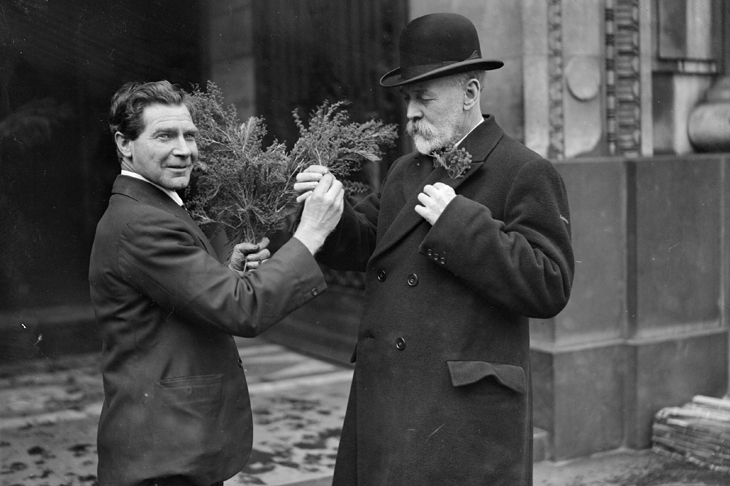
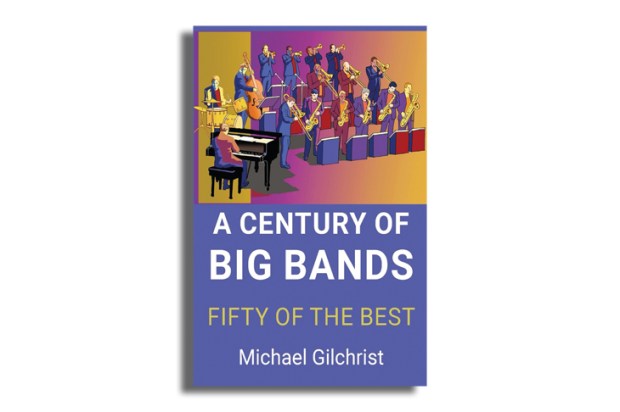
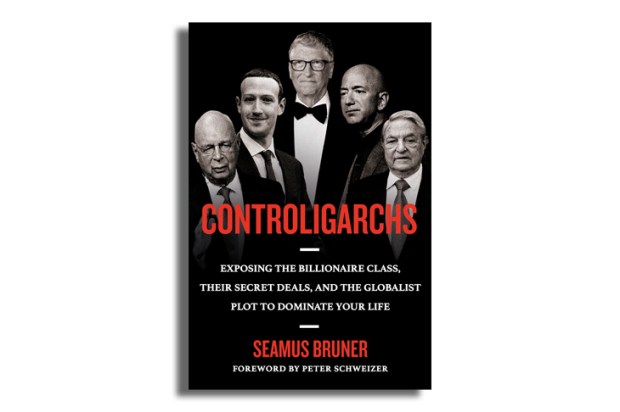
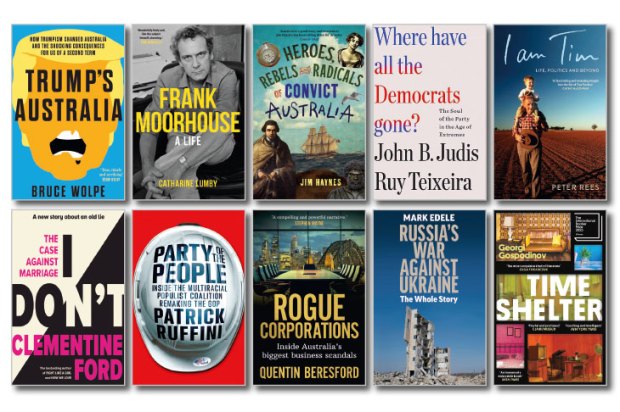

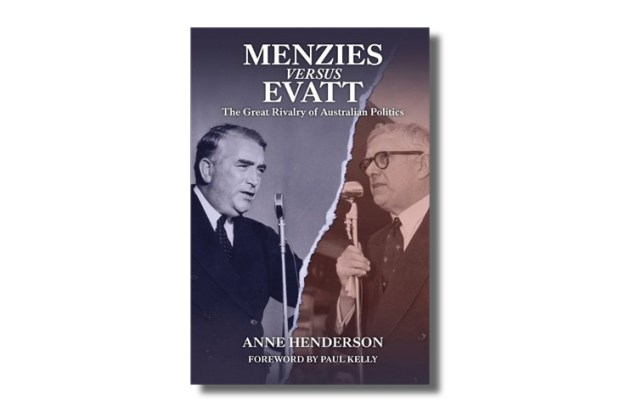
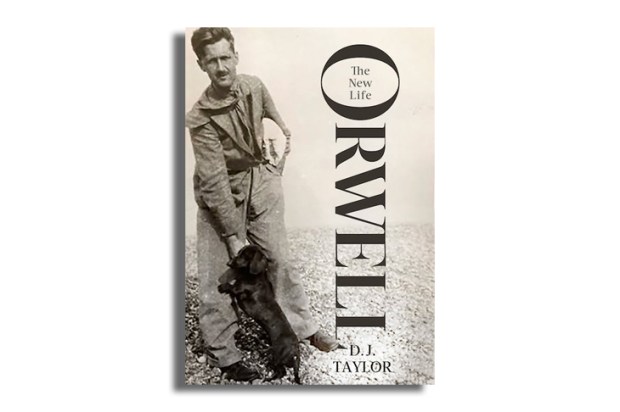






Comments
Don't miss out
Join the conversation with other Spectator Australia readers. Subscribe to leave a comment.
SUBSCRIBEAlready a subscriber? Log in